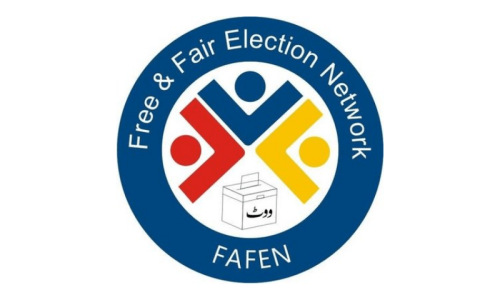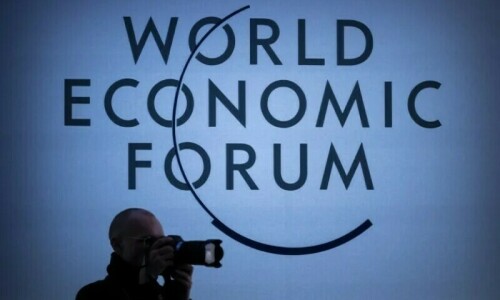ISLAMABAD, July 27: The revised rates of laboratory test at the National Institute of Health (NIH) have constrained the district health department from taking regular samples of food items in the city and sending them for tests due to shortage of funds.
Astonishingly, there is no specific allocation for conducting tests of food items in the district health department, as everything is managed from the account of general or miscellaneous items for which only Rs100,000 has been allocated in the current fiscal year, sources said on Sunday.
Several other expenses like maintenance work at the
Basic Health Units and Rural Health Centres are also managed under the miscellaneous account.
The health department officials collect samples of food items and send them to the NIH for laboratory tests, but the revised rates are too high to be afforded within the budget of the department.
The present rates have made it impossible for the health department to carry out laboratory tests any more.
Unhygienic food items are posing serious health-related threats to the citizens as food stuff available in various markets and hotels do not comply with the quality standards. The teams of local administration conduct raids from time to time to ensure the provision of quality food items, but all these efforts seem fruitless as the vendors and shopkeepers in the markets are openly serving poor standard items.
The sources said previous laboratory sampling test rate of milk and other diary products was Rs25 but it has now gone up to Rs100.
The laboratory sample test of milk powder has been enhanced from Rs25 to Rs700, cream sampling test from Rs25 to Rs700, Barfi, Parah, Kalakand, Khoya sampling test from Rs25 to Rs200, cheese and curd rate has been enhanced from Rs25 to Rs500 while laboratory charges for sampling test of ghee and butter have been increased from Rs25 to Rs500.
The sources said laboratory charges for sample test of tea (black), green tea and coffee has been increased from Rs25 to Rs750, that of aerate water and soda water from Rs25 to Rs300, fruit juices, beverages, squash and vinegar sampling test from Rs25 to Rs600, sauce sampling test rate from Rs25 to Rs200 while jam, jellies and marmalade testing rates from Rs25 to Rs250.
Likewise, the laboratory charge for sampling test of edible oil was earlier Rs25 which has been enhanced to Rs600, margarine rate has been enhanced from Rs25 to Rs375, Banaspati rate from Rs25 to Rs375 and pickles from Rs25 to Rs250.
The sample test rate in NIH of whole grains, wheat gram, rice, barley, qasus, maize, jowar, bajra and pulses have also been enhanced from Rs25 to Rs100 while the atta, maida, suji, basen rates have been increased from Rs25 to Rs225.
Similarly, the charges for the laboratory tests of the samples of Sugar, Gur, Shakkar, honey, liquid glucose and molasses have been enhanced from Rs25 to Rs225.
The sample testing rates of curry powder, premix and chat masala have also been increased from to Rs25 to Rs500.
Likewise, rate of laboratory test for water, biscuits and bakery products have been increased from Rs25 to Rs300, common salt rate from Rs25 to Rs150, iodised salt rate from Rs25 to Rs200 and tin packed food rate from Rs25 to Rs400.—APP











































Dear visitor, the comments section is undergoing an overhaul and will return soon.